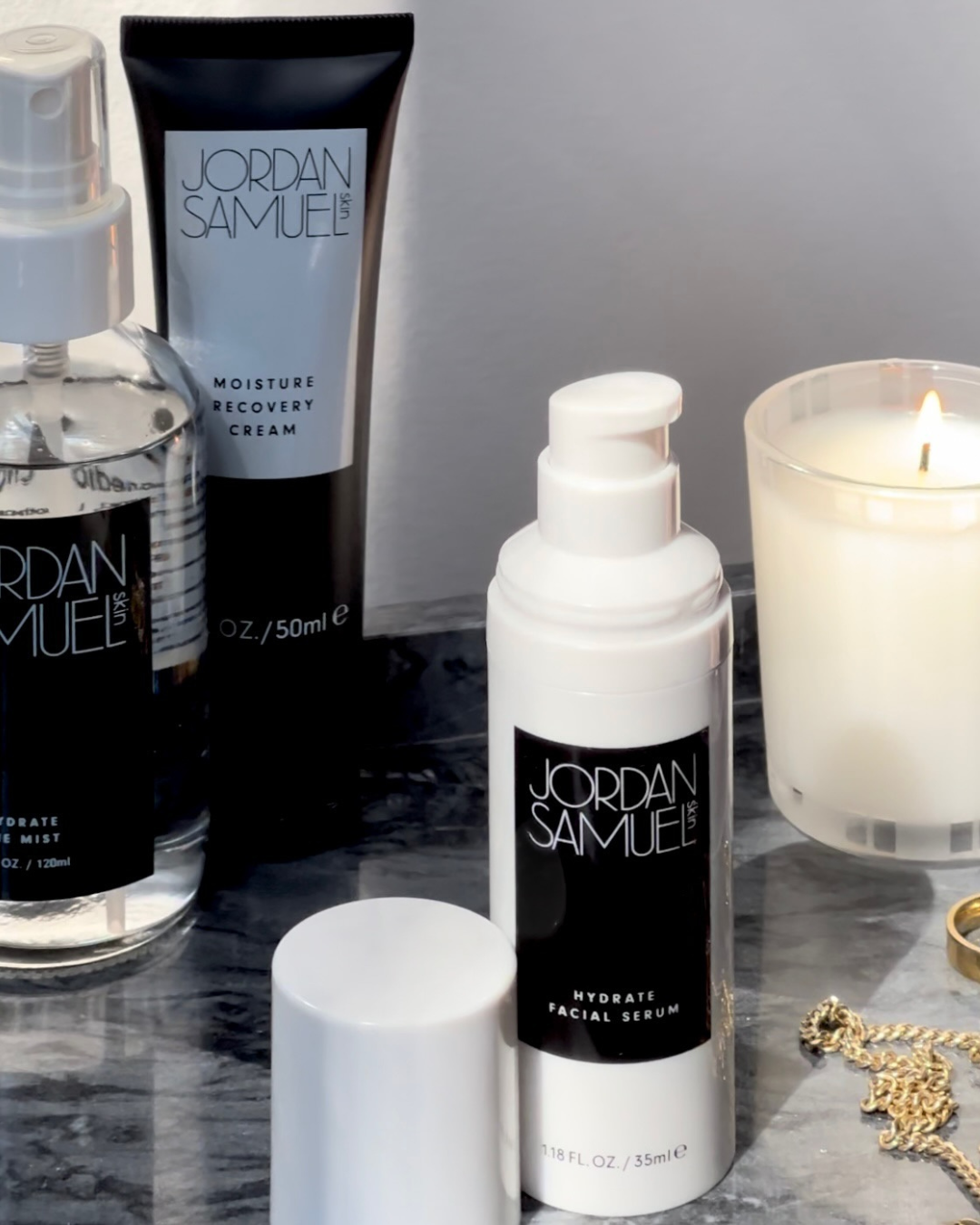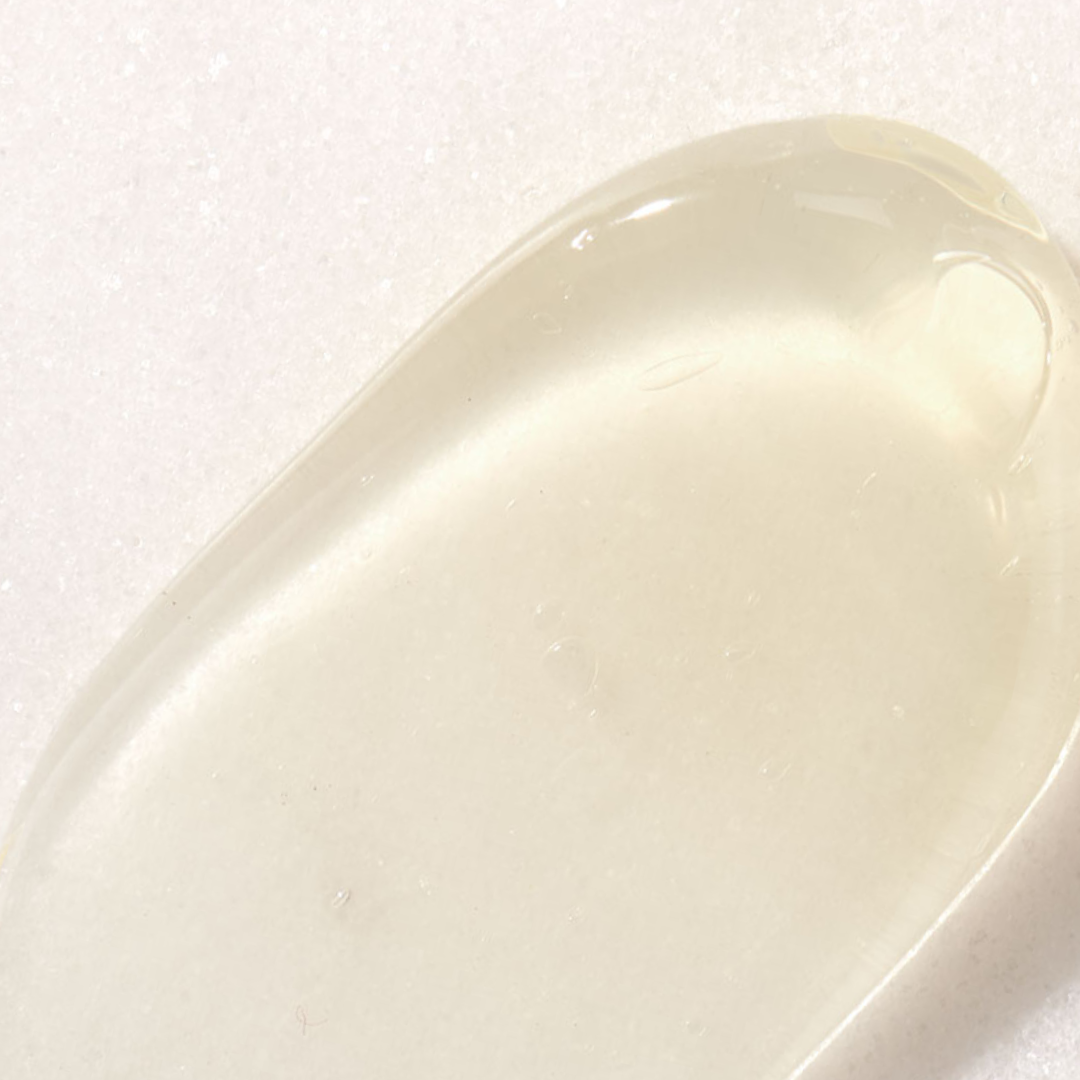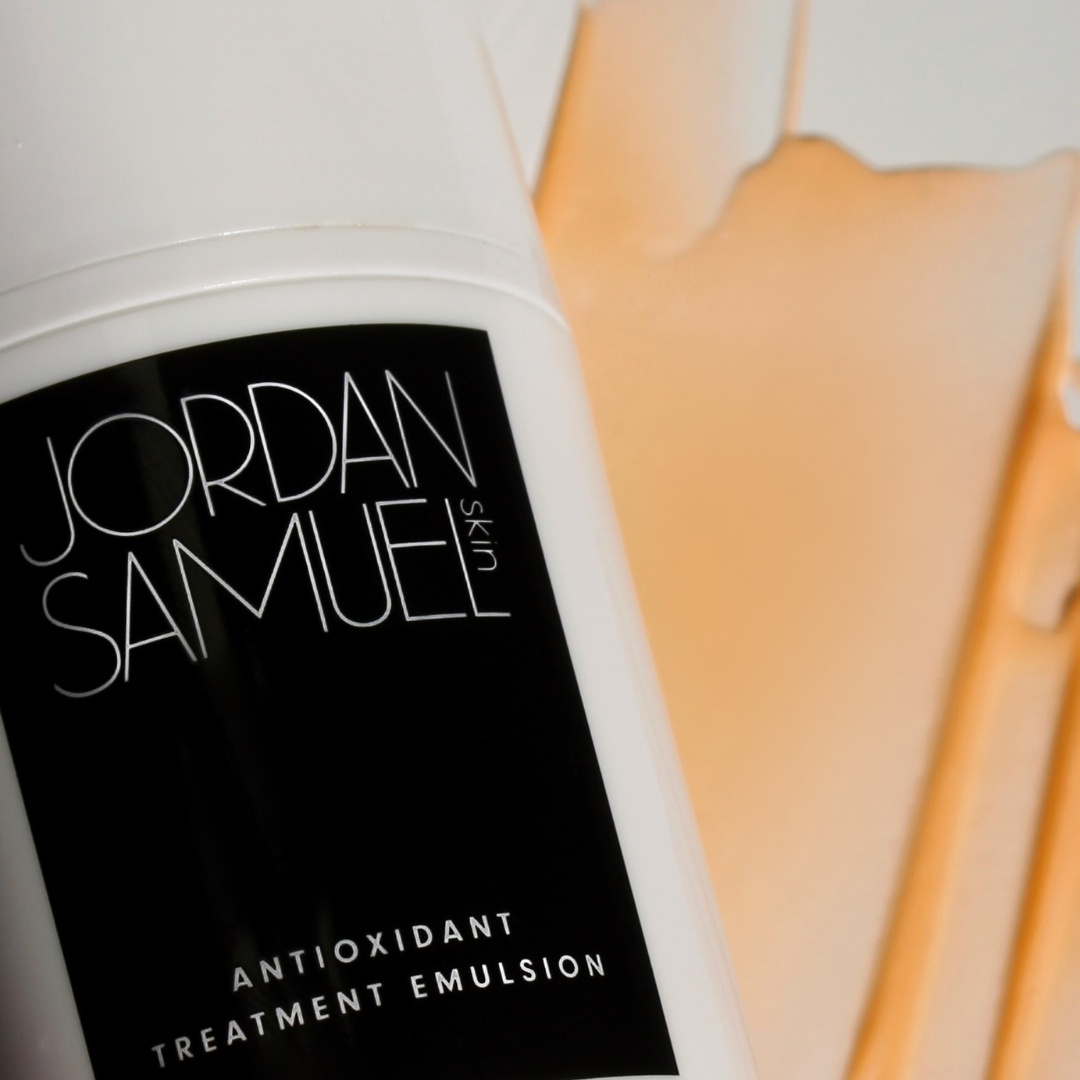Anti-aging is complicated. I can't imagine a more overused or trite term in skincare. The premise is impossible—you can’t stop or reverse time. Nevertheless, countless polls show anti-aging as the most common skincare concern, with the anti-aging market valued at an estimated $250 billion. Aging stirs some complicated emotions, and our collective spending shows it.
Visible signs of aging evoke a kind of paradox. Take so-called crows feet. Those crinkling lines around the eyes are reminders of the march of time and our own mortality—but they’re also evidence of a lifetime of smiles and laughter. Wrinkles are both our trophies and our omens. Stopping the clock is an impossible, Sisyphean task, and would we really want to even if we could?
Caroline Hirons put it simply: “old is the goal.” We should all be so lucky as to live a long, full life. Anti-aging implies that age is something to be fought or controlled. It ignores all the wisdom, experience, and worldly exposure that come with age. I don’t know about you, but I’m much wiser and more confident now than I ever was in my 20s.
I applaud beauty industry giants like Allure for vowing to exclude “anti-aging” from their lexicon, and for sticking to that lofty goal going on two years now. Words matter, representation matters, and marketing advanced retinol products on the likes of Kendall Jenner and Kaia Gerber makes beauty seems inaccessible to anyone over 25. People of all ages want to see ourselves as beautiful, and inclusion in the mainstream beauty narrative certainly helps.
I’m not here to denounce anyone’s preference for smooth skin. I dabble Botox, I use retinol, and I enjoy looking youthful—for now. But I’ll relish my old age when it arrives. Luckily, the beauty space is big enough to encompass those who want to celebrate their wrinkles and those who want to minimize them. Both camps can thrive without bringing the other down. Let individual preference guide your journey for whatever age brings your way.
XO,
Jordan




